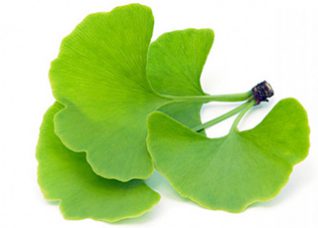
MinerAlert

MinerAlert
Ginkgo biloba L.
Maidenhair tree

The leaves are used medicinally in western scientific herbalism (phytotherapy). The “seed” (ovule) is used both for cooking and medicine in many countries of the Orient; although under certain circumstances it may be toxic.
In the Western market, Ginkgo preparations are usually available as extracts, capsules or tinctures made from the leaves. The “seed” is not used.
Ginkgo standardized extracts have been used with varying grades of success for the treatment of various ailments and disorders including: Cerebral insufficiency and memory loss, Alzheimer’s disease, intermittent claudication (a circulatory problem involving the limbs), impotence or erectile dysfunction of vascular origin, asthma, tinnitus (ringing in the ears), depression, attention deficit disorder (ADD), diabetes and related circulatory disorders, glaucoma and macular degeneration. Ginkgo extracts may also offer a good option for the prevention and treatment of high altitude sickness (hypoxia). The commercial extracts do not include the poisonous principles contained in the seeds or ovules.
Safety/Precautions:
Before you decide to take any medicinal herb or herbal supplement, be sure to consult with your health care professional first. Avoid self-diagnosis and self-medication: Always be on the safe side!